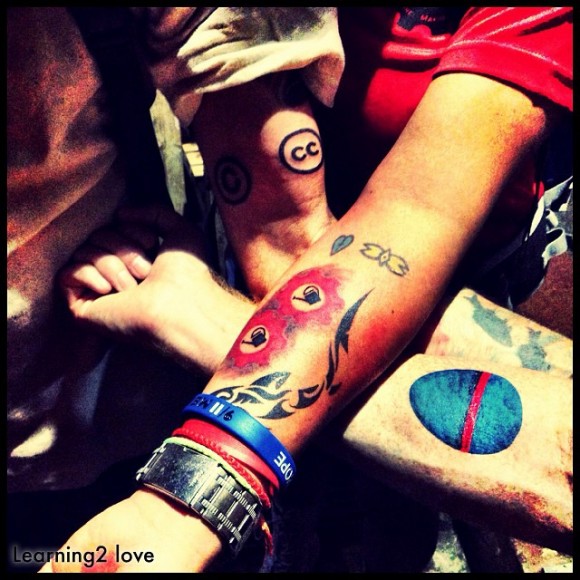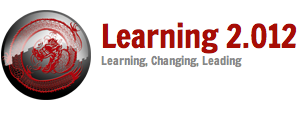There are different ways to measure success. Last week at the first ever Learning2 Africa conference that was held at ICS Addis Ababa, Ethiopia we measured it in a few different ways. 118 of 119 of the participants on the survey said they would recommend the conference to a friend or plan on attending next year. Before we left the […]



